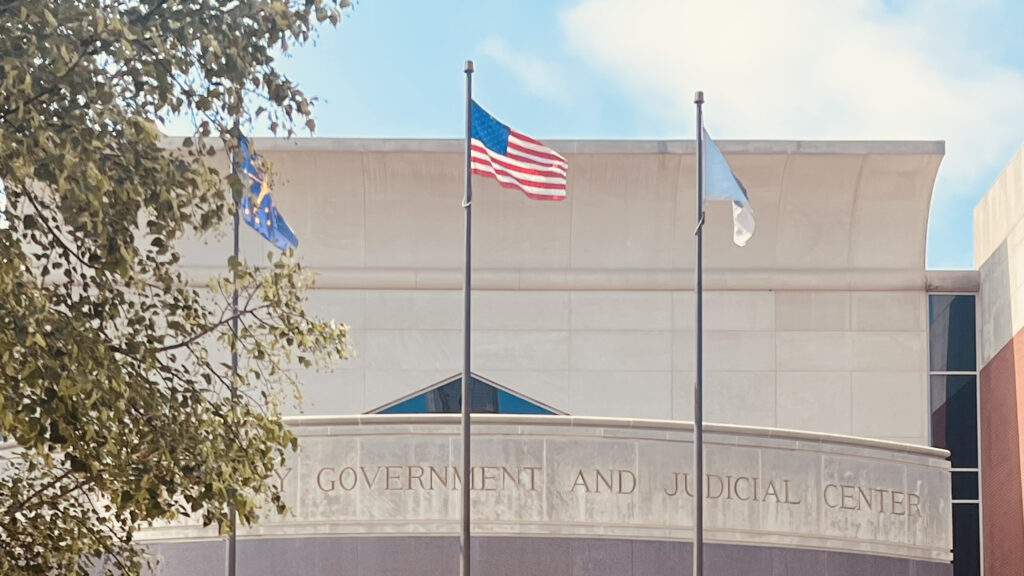Guardianship
Sometimes our loved ones need our help. Making sure you have the ability to help your loved one is our job.
Our attorneys will not just assist you in obtaining a guardianship for your person in need, but also help you understand the full extent of your duties and obligations as a guardian over your loved one.
We will help you explore your options to ensure you are making the best decisions regarding support of a loved one.
Want to learn more about how we can help you help your person in need? Click the button to schedule your free consultation!

Guardianship FAQs
How do I obtain a Guardianship?
A court must determine that a person is incapacitated to establish a guardianship. Indiana law considers children incapacitated due to their age (under 18 years old). Alternatively, courts often find adults incapacitated due to some form of debilitating illness or disability.
In Indiana, a court must appoint guardians. Simply listing a person who you want to be guardian–such as in an estate plan–is not enough to have legal authority over a protected person. Indiana Code Title 29, Article 3, Chapter 5, Section 5 – “Persons entitled to consideration for appointment as a guardian” says that certain persons listed on documents–like a power of attorney–are only entitled to consideration by the court to become guardian (Ind. Code § 29-3-5-5(a)).
What are my responsibilities as a Guardian?
In short, you are responsible for nearly every aspect of your protected person’s life from their finances to their health. Hoosiers can find more information in Indiana Code Title 29, Article 3, Chapter 8 – “Responsibilities and Powers of Guardian” (Ind. Code § 29-3-8, et seq.).
Who can become a Guardian?
Most adults can become a Guardian. However, certain people are ineligible to become a guardian–such as sexual predators and felons, depending on the severity of the felony. You can find out more in Indiana Code Title 29, Article 3, Chapter 7, Section 7 – “Persons prohibited from being appointed or from serving as a guardian” (Ind. Code § 29-3-7-7).
Do I have to have a Guardianship to protected my loved one?
No. Obtaining a guardianship should not be taken lightly. Our attorneys will help you decide the right course of action and see if there are alternatives to obtaining a guardianship.
